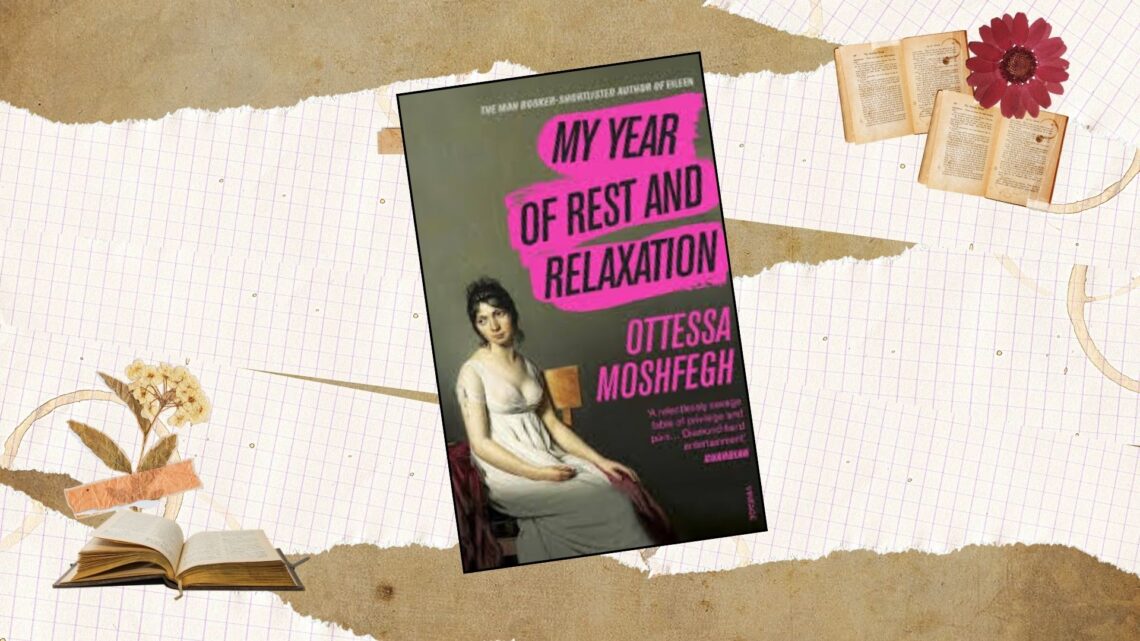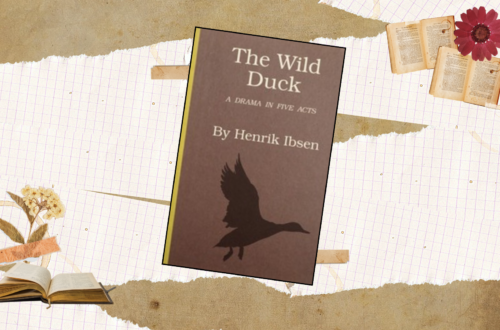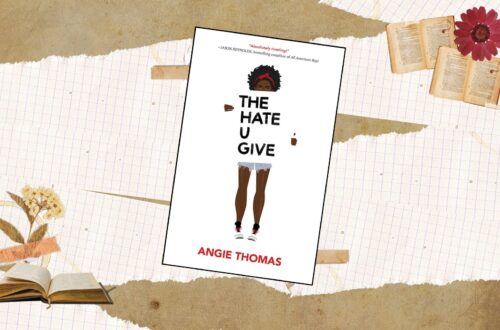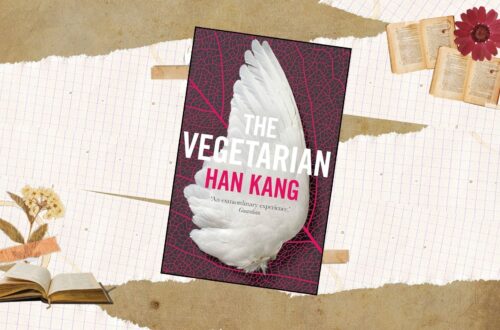My Year of Rest and Relaxation by Ottessa Moshfegh is the epitome of no plot, just vibes. Unlikeable characters, an unreliable narrator, and a bizarre, dark type of humor—this book has it all.
It’s year 2000, set in the wealthy enclaves of Chicago. Hilarious and sad at the same time, the book follows a twentysomething unnamed narrator as she plans her year-long hibernation for “rest and relaxation.” She’s blonde, thin, rich, and pretty. She’s graduated from Columbia, and works at a gallery specializing in “canned counterculture crap.” She’s lost both of her parents in the last few years and has been popping pills since.
Underneath the trauma of losing her parents, she finds herself attached to her “boyfriend,” who treats her like nothing more than a nuisance; she clings to him even though he’s moved on. She’s a terrible friend to Reva, the one person who tries to be close to her, keeping Reva around only to have someone to look down on. She’s an extremely selfish, unlikeable, but at the same time memorable character.
Dr. Tuttle, her psychiatrist, on the other hand, is in a characterization class of her own. She’s kind of a drug dealer, prescribing the narrator pills without any sort of repercussion in mind. She’s so bizarre to the point that it would be debatable whether she’s meant to be a physical character or the materialization of our narrator’s psychedelic hallucinations. Comparable to Sybill Trelawney from Harry Potter in both appearance and dishing out of “wisdom,” with the addition of a decorative foam neck brace and an obese tabby, Dr. Tuttle was the caricature that kickstarted the offbeat, humorous aspect of this novel.
Here are some of her most memorable lunacies:
A lot of psychic diseases get passed around in confined public spaces. I sense your mind is too porous.
The [Hallucinations] are mostly pleasant visions, etheral spirits, celestial light patterns, angels, friendly ghosts. Sprites. Nymphs Glitter. Hallucinating is completely harmless. And it happens mostly to Asians.
And as a treatment for suicidal tendencies, of course Dr. Tuttle recommends a “Hot shower and some chamomile tea.”
When the narrator finally wakes up from her “hibernation”, she’s immediately hit with the events of 9/11.
The narrator is pretty much a living shell, yet Moshfegh reminds us of the life that continues outside of what we see, even if there’s little that can be controlled within ourselves. If there’s something constant throughout the book, it would be the narrator’s shallowness for everything around her, even after her drugged year, even as she recieves the news of the horrific Twin Tower crash and the novel comes to an abrupt end.
When she sees what could be her friend falling to her death, she’s overtaken not by grief, but by envy.
I am overcome by awe, not because she looks like Reva, and I think it’s her, almost exactly her, and not because Reva and I had been friends, or because I’ll never see her again, but because she is beautiful. There she is, a human being, diving into the unknown, and she is wide awake.
Her friend is falling headfirst into the very thing the narrator has been avoiding under the pretense of her “hibernation,” and she admires her for it. The achievement of this book comes from the fact that as soon as we see a glimpse of the narrator almost “moving on” from her hibernation year, it’s taken away with this ominous, yet awe-inducing, line.
~ 5 stars.





